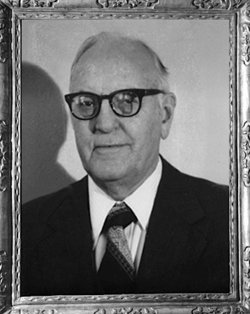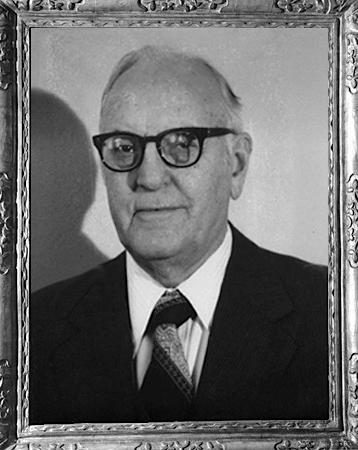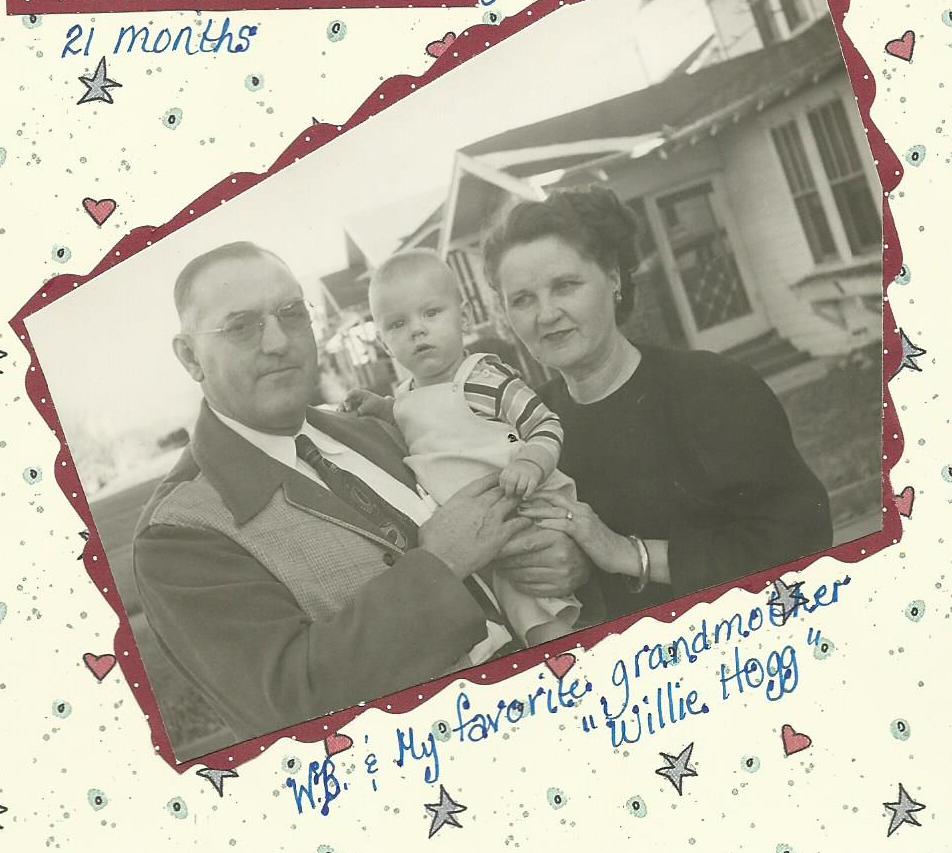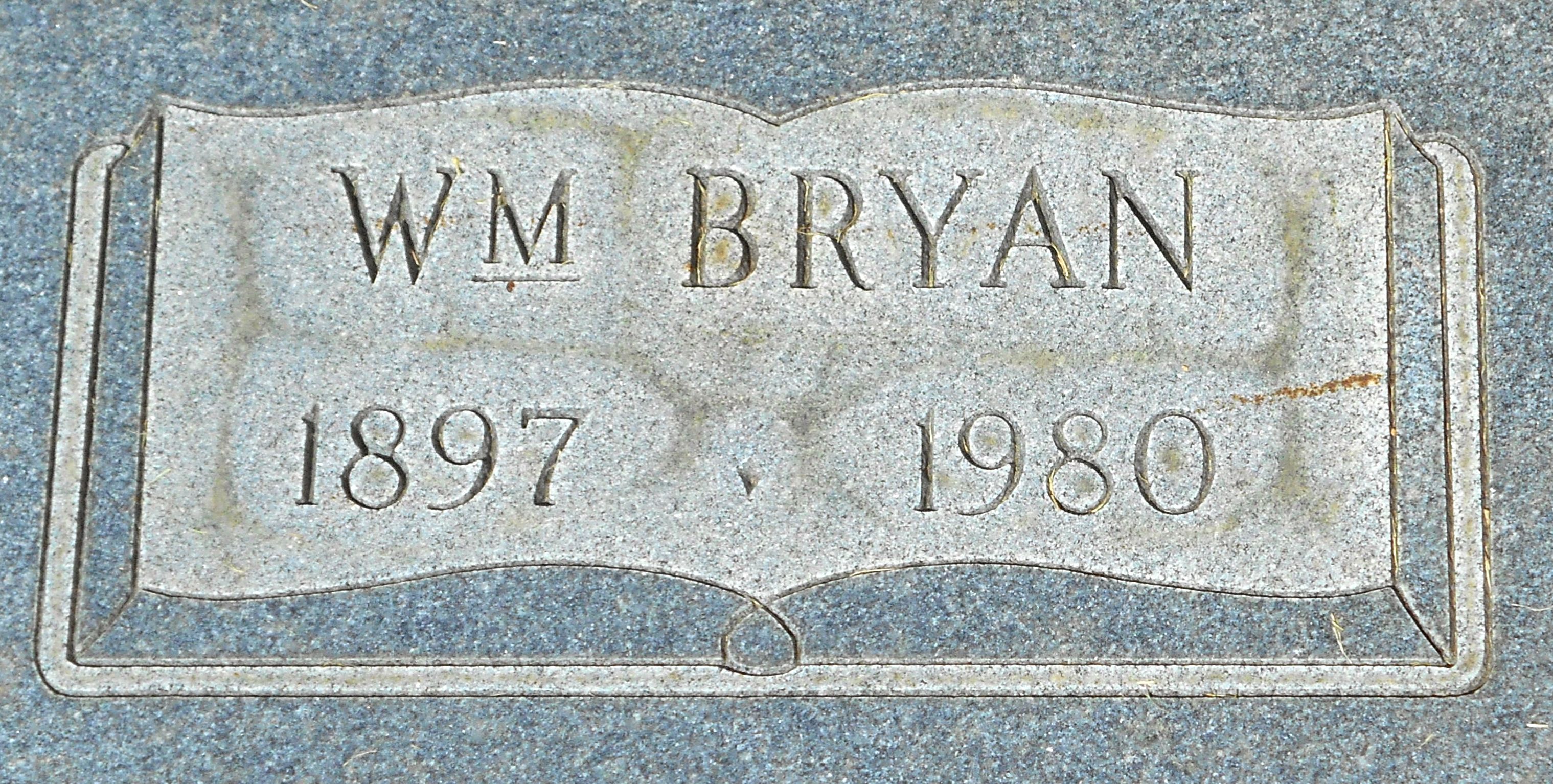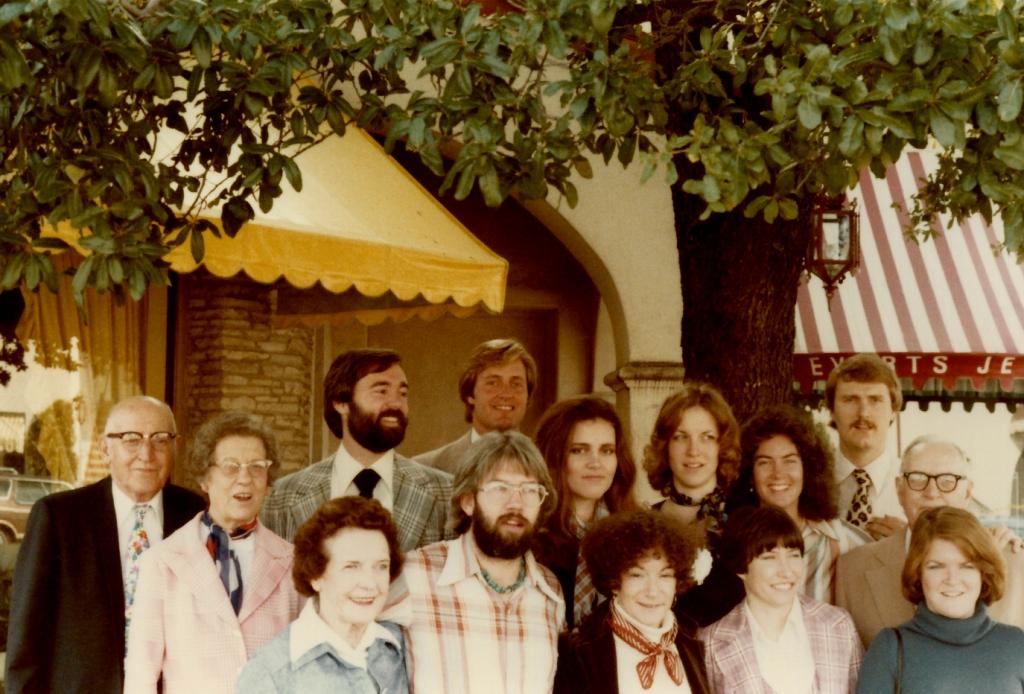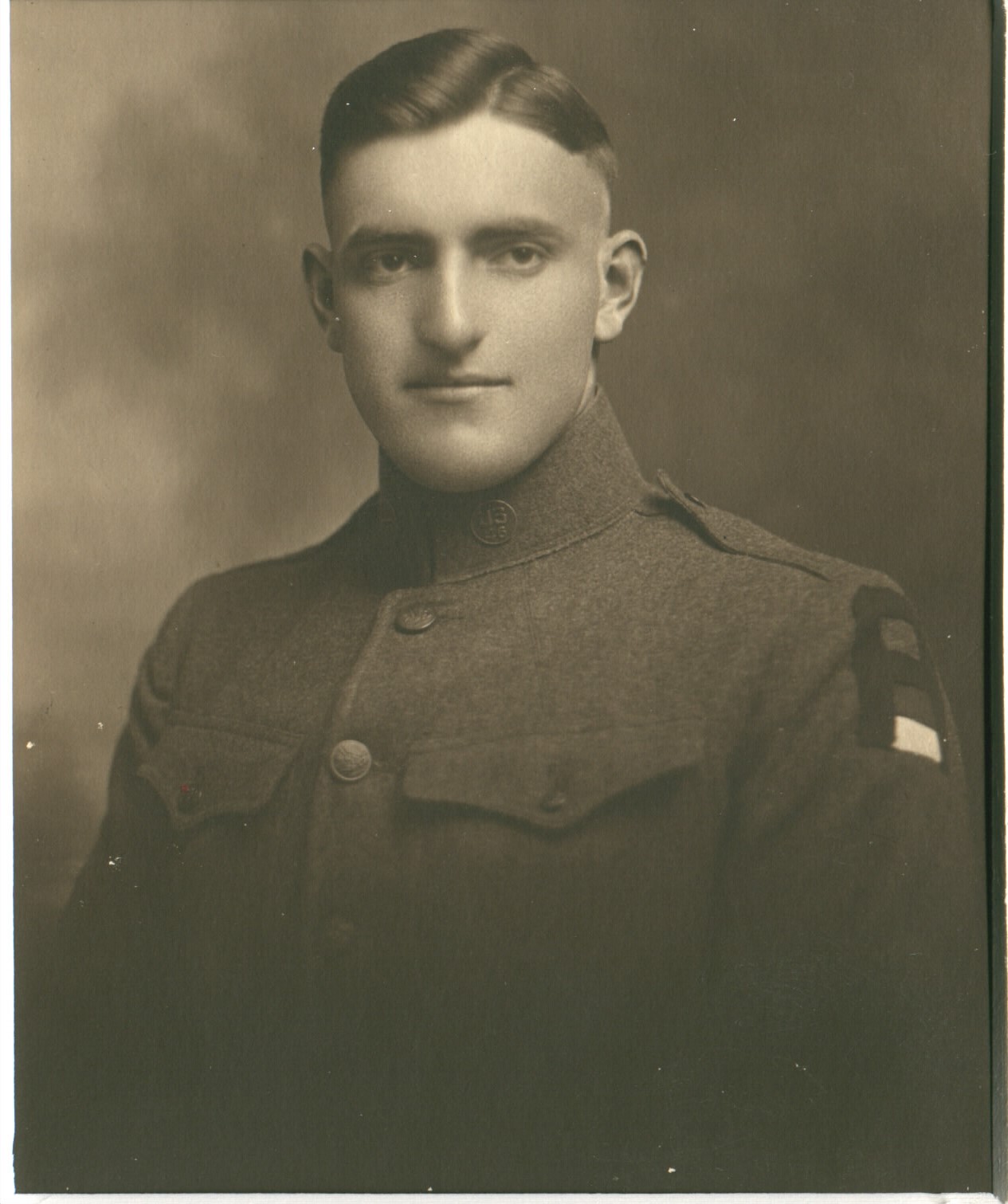Boggy Depot, Oklahoma
https://en.wikipedia.org/wiki/Boggy_Depot,_Oklahoma
From Wikipedia, the free encyclopedia
Boggy Depot Site
U.S. National Register of Historic Places
Boggy Depot, Oklahoma
Nearest city Atoka, Oklahoma, USA
Coordinates 34°19′13″N 96°18′51″W
Built 1838
Governing body Local
NRHP Reference # 72001050[1][2]
Added to NRHP April 19, 1972
Boggy Depot is a ghost town in Oklahoma State Park that was formerly a significant city in the Indian Territory.
It grew as a vibrant and thriving town in present day Atoka County, Oklahoma, United States and became a major trading center on the Texas Road and the Butterfield Overland Mail route between Missouri and San Francisco. After the American Civil War when the MKT Railroad came through it bypassed Boggy Depot and the town began a steady decline. It was soon replaced by Atoka as the chief city in the area. By the early 1900s all that remained of the community was a sort of ghost town.
Choctaw and Chickasaw Indians founded the town in 1837.[3] The United States government had moved the Choctaws and Chickasaws to Indian Territory from Mississippi and Alabama in the 1830s. While at first the two tribes lived together on the Choctaw land, the Chickasaws later emigrated to the western portions of the Indian Territory and formed their own separate nation on land transferred to them by the Choctaw.
In 1834, General Henry Leavenworth built the military road from Camp Washita (later Fort Washita) to Fort Gibson. For years this road was served as a dividing line between the Choctaw and Chickasaw lands. Afterwards a treaty created a formal dividing line between the nations, with Boggy Depot on the east side of the line in Choctaw lands. Reverend Cyrus Kingsbury established the church in Boggy Depot in 1840. The church building was the temporary capitol of the Choctaw Nation in 1859. Boggy Depot received a post office in 1848, and in 1858 became a stop on the Butterfield Overland Stage line. During the Civil War, a Union raiding party fought a Confederate group at the Battle of Middle Boggy Depot a few miles northeast of Boggy Depot, which had become the major supply depot in Indian Territory for the Confederates.[3]
After the Civil War with Boggy Depot in the Choctaw Nation, many of the original settlers, mostly Chickasaws, abandoned Boggy Depot. A small community formed near this time two miles (3 km) south of Boggy Depot named New Boggy Depot. Choctaw Chief Allen Wright, who lived at Boggy Depot, coined the word 'Oklahoma' in 1866 to describe the Indian Territory. The name was officially used for the state in 1907. In 1869 Oklahoma's first Masonic Lodge was founded in Boggy Depot.
As part of the treaty between the Five Civilized Tribes and the United States government at the end of the Civil War the tribes had to allow the construction of a north to south railroad across their lands. This railroad became a reality in 1872. The Missouri, Kansas and Texas Railway, or Katy, ran 12 miles (19 km) east of Boggy Depot and was the end of the town's importance. The city of Atoka, on the railroad, flourished while Boggy Depot languished and became a ghost town.[3]
Today little remains of the original town except for a few stone foundations and the cemetery. Choctaw Chief Allen Wright and Reverend Cyrus Kingsbury are buried there.[3] Boggy Depot Park 34°19′14″N 96°18′28″W, formerly known as Boggy Depot State Park, is a recreation area that commemorates the old town and the history of the area. The park gets its name from Clear Boggy Creek and from its use as a Confederate commissary depot during the Civil War. The park features a fishing lake, nature trail, baseball diamond, playground, picnic tables, group picnic shelters, charcoal grills, and comfort stations with showers. After the state announced that it would close the park as a budget-cutting measure, the Choctaw tribe took over ownership and management responsibilities. This is no longer a state park. Boggy Depot was added to the National Register of Historic Places (#72001050) in 1972.
The Chickasaw nation was reluctant to spend its funds on major capital improvements unless it had clear title to the property. In 2013, the Oklahoma House of Representatives considered a bill to transfer ownership of the property to the Chickasaws.[4]
William Bryan was my maternal Grandfather. I think he was difficult to like. I never saw him be mean to his grandchildren, but he wasn't affectionate or playful or even very attentive. His world revolved around him, and he wasn't easily distracted by anyone else's interests or concerns.
All that said, he wasn't unlikeable; he just didn't give much to hang on to.
He was very well educated for his time. He told me that he had a MS in geophysics. He was an oilman, who rubbed shoulders with all the great oilmen of the 20th century in Texas. He was a member of the Petroleum Club in downtown Dallas. Can we say exclusive? He was pretty pompous; but he let himself be known just enough for me to know he put his pants on one leg at a time, just like everyone else.
He was active in his church, Highland Baptist Church in Dallas, TX. He was a Deacon there and probably managed money, for the most part.
He worked a long time. After a long full time career, he worked as a consultant for oil well drillers, reading seismographs and recommending where to drill. I don't think he really knew how to play or just relax and enjoy himself. I never knew of any hobbies or activities he engaged in. He did fish rarely. I never even watched a football game with him on television.
After my Grandmother, Willie, died in 1969, W.B. remarried about a year later, completely infuriating his two daughters. He married a long time friend of Willie's, whose husband had died prior to 1969, I believe. Her name was Elizabeth Fly, and she was a very sweet woman. My Grandfather was 72, when he remarried, and lived until he was about 81. He continued to work for most of those years. The marriage was one of convenience, in my eyes, although I'm sure they were comfortable and happy with each other. They did not share a bedroom, how much of that was due to W.B.'s horrendous snoring, I don't know.
W.B.'s first born grandson Christopher Leach (surname changed to Marshall) received his name, Bryan, as his middle name.
I remember him with fondness, there was the occasional trip to a private stocked lake for some fishing (I hated fishing then and I hate it now). However, I wonder if any of his other grandchildren ever think of him. Of the 7 grandchildren, only 3 grew up in Dallas near him. The other 4 lived out of town. Both of his daughters are deceased as of 2010. He had no sons. The Hogg name in my family line ended with his daughters, but we've traced male Hoggs, Hoges, Hogues, Haigs, and so on without a break, back to the 900's A.D. - Steve Burton, grandson
Boggy Depot, Oklahoma
https://en.wikipedia.org/wiki/Boggy_Depot,_Oklahoma
From Wikipedia, the free encyclopedia
Boggy Depot Site
U.S. National Register of Historic Places
Boggy Depot, Oklahoma
Nearest city Atoka, Oklahoma, USA
Coordinates 34°19′13″N 96°18′51″W
Built 1838
Governing body Local
NRHP Reference # 72001050[1][2]
Added to NRHP April 19, 1972
Boggy Depot is a ghost town in Oklahoma State Park that was formerly a significant city in the Indian Territory.
It grew as a vibrant and thriving town in present day Atoka County, Oklahoma, United States and became a major trading center on the Texas Road and the Butterfield Overland Mail route between Missouri and San Francisco. After the American Civil War when the MKT Railroad came through it bypassed Boggy Depot and the town began a steady decline. It was soon replaced by Atoka as the chief city in the area. By the early 1900s all that remained of the community was a sort of ghost town.
Choctaw and Chickasaw Indians founded the town in 1837.[3] The United States government had moved the Choctaws and Chickasaws to Indian Territory from Mississippi and Alabama in the 1830s. While at first the two tribes lived together on the Choctaw land, the Chickasaws later emigrated to the western portions of the Indian Territory and formed their own separate nation on land transferred to them by the Choctaw.
In 1834, General Henry Leavenworth built the military road from Camp Washita (later Fort Washita) to Fort Gibson. For years this road was served as a dividing line between the Choctaw and Chickasaw lands. Afterwards a treaty created a formal dividing line between the nations, with Boggy Depot on the east side of the line in Choctaw lands. Reverend Cyrus Kingsbury established the church in Boggy Depot in 1840. The church building was the temporary capitol of the Choctaw Nation in 1859. Boggy Depot received a post office in 1848, and in 1858 became a stop on the Butterfield Overland Stage line. During the Civil War, a Union raiding party fought a Confederate group at the Battle of Middle Boggy Depot a few miles northeast of Boggy Depot, which had become the major supply depot in Indian Territory for the Confederates.[3]
After the Civil War with Boggy Depot in the Choctaw Nation, many of the original settlers, mostly Chickasaws, abandoned Boggy Depot. A small community formed near this time two miles (3 km) south of Boggy Depot named New Boggy Depot. Choctaw Chief Allen Wright, who lived at Boggy Depot, coined the word 'Oklahoma' in 1866 to describe the Indian Territory. The name was officially used for the state in 1907. In 1869 Oklahoma's first Masonic Lodge was founded in Boggy Depot.
As part of the treaty between the Five Civilized Tribes and the United States government at the end of the Civil War the tribes had to allow the construction of a north to south railroad across their lands. This railroad became a reality in 1872. The Missouri, Kansas and Texas Railway, or Katy, ran 12 miles (19 km) east of Boggy Depot and was the end of the town's importance. The city of Atoka, on the railroad, flourished while Boggy Depot languished and became a ghost town.[3]
Today little remains of the original town except for a few stone foundations and the cemetery. Choctaw Chief Allen Wright and Reverend Cyrus Kingsbury are buried there.[3] Boggy Depot Park 34°19′14″N 96°18′28″W, formerly known as Boggy Depot State Park, is a recreation area that commemorates the old town and the history of the area. The park gets its name from Clear Boggy Creek and from its use as a Confederate commissary depot during the Civil War. The park features a fishing lake, nature trail, baseball diamond, playground, picnic tables, group picnic shelters, charcoal grills, and comfort stations with showers. After the state announced that it would close the park as a budget-cutting measure, the Choctaw tribe took over ownership and management responsibilities. This is no longer a state park. Boggy Depot was added to the National Register of Historic Places (#72001050) in 1972.
The Chickasaw nation was reluctant to spend its funds on major capital improvements unless it had clear title to the property. In 2013, the Oklahoma House of Representatives considered a bill to transfer ownership of the property to the Chickasaws.[4]
William Bryan was my maternal Grandfather. I think he was difficult to like. I never saw him be mean to his grandchildren, but he wasn't affectionate or playful or even very attentive. His world revolved around him, and he wasn't easily distracted by anyone else's interests or concerns.
All that said, he wasn't unlikeable; he just didn't give much to hang on to.
He was very well educated for his time. He told me that he had a MS in geophysics. He was an oilman, who rubbed shoulders with all the great oilmen of the 20th century in Texas. He was a member of the Petroleum Club in downtown Dallas. Can we say exclusive? He was pretty pompous; but he let himself be known just enough for me to know he put his pants on one leg at a time, just like everyone else.
He was active in his church, Highland Baptist Church in Dallas, TX. He was a Deacon there and probably managed money, for the most part.
He worked a long time. After a long full time career, he worked as a consultant for oil well drillers, reading seismographs and recommending where to drill. I don't think he really knew how to play or just relax and enjoy himself. I never knew of any hobbies or activities he engaged in. He did fish rarely. I never even watched a football game with him on television.
After my Grandmother, Willie, died in 1969, W.B. remarried about a year later, completely infuriating his two daughters. He married a long time friend of Willie's, whose husband had died prior to 1969, I believe. Her name was Elizabeth Fly, and she was a very sweet woman. My Grandfather was 72, when he remarried, and lived until he was about 81. He continued to work for most of those years. The marriage was one of convenience, in my eyes, although I'm sure they were comfortable and happy with each other. They did not share a bedroom, how much of that was due to W.B.'s horrendous snoring, I don't know.
W.B.'s first born grandson Christopher Leach (surname changed to Marshall) received his name, Bryan, as his middle name.
I remember him with fondness, there was the occasional trip to a private stocked lake for some fishing (I hated fishing then and I hate it now). However, I wonder if any of his other grandchildren ever think of him. Of the 7 grandchildren, only 3 grew up in Dallas near him. The other 4 lived out of town. Both of his daughters are deceased as of 2010. He had no sons. The Hogg name in my family line ended with his daughters, but we've traced male Hoggs, Hoges, Hogues, Haigs, and so on without a break, back to the 900's A.D. - Steve Burton, grandson
